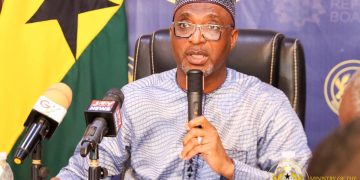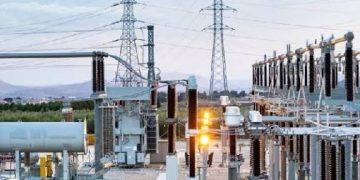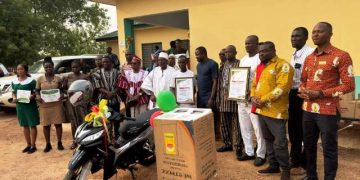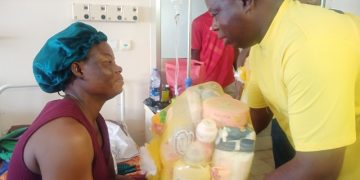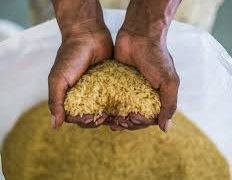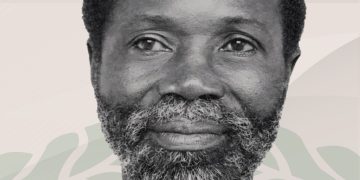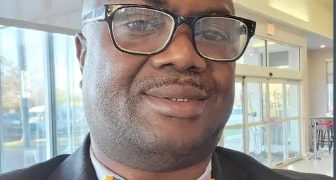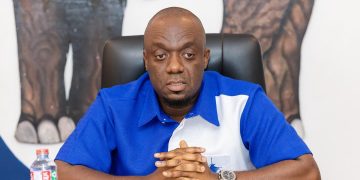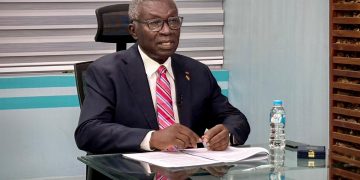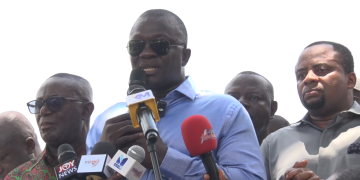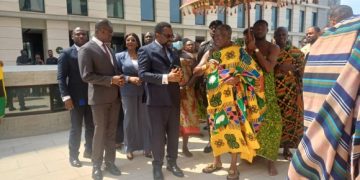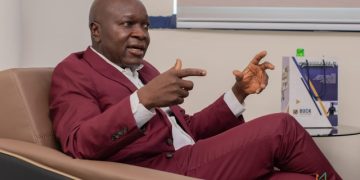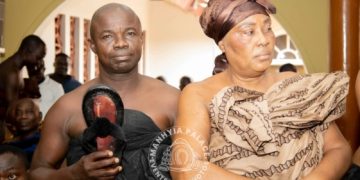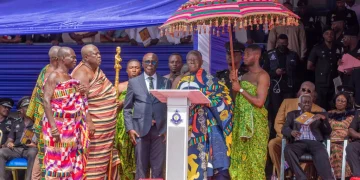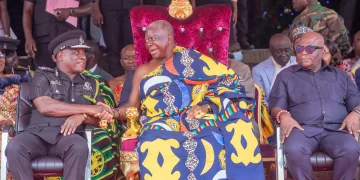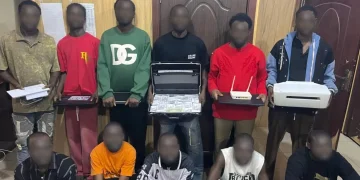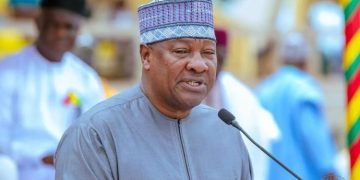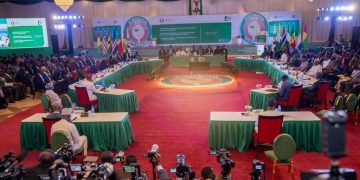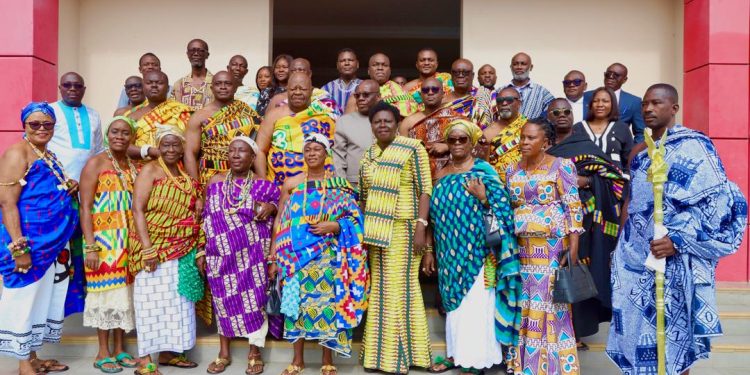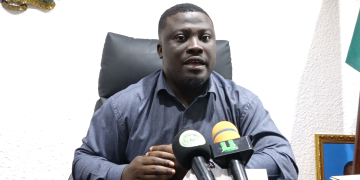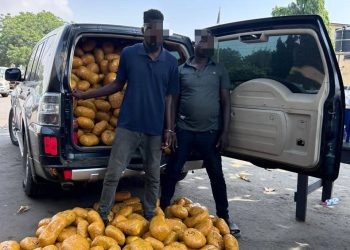The Minerals Commission is urging deeper engagement with traditional authorities as Ghana reviews its mining laws to address emerging challenges in the sector.
At a high-level meeting with the Eastern Regional House of Chiefs, the Commission’s Board Chairman, Mr. William Ntow Boahene (Esq.), stressed the need for a transparent and inclusive process in revising the Minerals and Mining Act, 2006 (Act 703), and its subsequent amendments implemented in 2014.
Mr. Boahene underscored that chiefs, as custodians of the land, hold crucial insights that must inform any revisions to mining regulations.
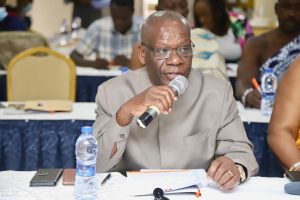
“We must involve traditional leaders at every stage of the lease acquisition process. Their input is invaluable as we prepare our report for Cabinet and, ultimately, for Parliament,” he said.
He added that collaboration with chiefs would promote long-term stewardship, environmental protection, and sustainable resource management for future generations.
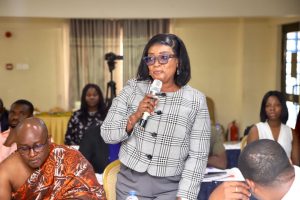
Evelyn Korang, a member of the Council of State representing the Eastern Region, echoed this sentiment, noting that stakeholder engagement is central to good governance.
“Traditional authorities and community leaders bring perspectives grounded in the realities of their people. Chiefs play a critical role in shaping policies that safeguard natural resources,” she said.
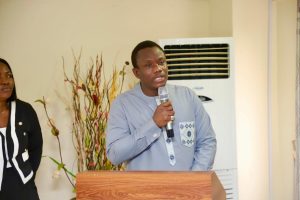
Ms. Korang called for bold reforms to address today’s pressing challenges, including environmental degradation, water pollution, and the menace of illegal mining (galamsey).
“Inaction would jeopardize the future. This review must close loopholes, empower local communities, and support chiefs in effective land management,” she emphasized.
Nene Sakite II, speaking on behalf of the Eastern Region House of Chiefs, welcomed the engagement but called for greater transparency in the mining process.
“Current interactions with chiefs are often superficial. To tackle illegal mining and ensure accountability, chiefs and local communities must be involved meaningfully,” he said.
He also proposed reviewing the royalty-sharing formula to guarantee fair compensation and suggested setting aside specific areas for indigenous miners.
Former Minerals Commission CEO Benjamin Aryee and current Commission representative Mr. Josef Iroko contributed expert analysis during the session. They highlighted the need for stronger monitoring and enforcement mechanisms to curb illegal mining and ensure compliance with environmental and operational standards.
The Minerals Commission says it remains committed to ongoing dialogue with chiefs and mining communities.
“As we benefit economically from mining, we must also recognize that the environmental and social impacts will outlast us. That is why responsible practices and meaningful consultations are non-negotiable,” Mr. Boahene concluded.
The revised policy proposals, incorporating feedback from traditional leaders, will be presented to the Cabinet and subsequently tabled before Parliament in the coming months.
Source: www.kumasimail.com



